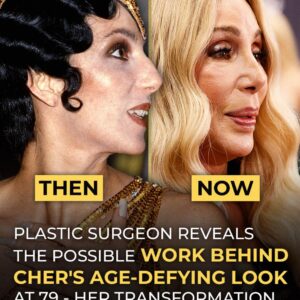Jessica never expected declining a slice of cake to turn into a workplace nightmare. During a celebration for the company’s biggest client win, her boss offered cake to everyone. When Jessica politely refused and simply said she didn’t eat gluten, he mocked her loudly in front of the whole team. His comments about her being “one of those people” left her humiliated as coworkers awkwardly laughed and whispered.
The next day, things got even worse. HR called Jessica in, claiming multiple coworkers—and her boss—complained about her “attitude.” They accused her of being “difficult,” “disruptive,” and “attention-seeking” simply for explaining why she didn’t want cake. HR told her she needed to be more of a “team player,” leaving her shocked and terrified for her job.
Jessica felt completely defeated. All she had done was decline food she couldn’t eat, yet she was made to feel like the villain. She began to worry about how to handle future office events and whether she would be unfairly targeted again. The whole situation left her questioning if she did something wrong when, in reality, she had only tried to protect her own health.
Now she wonders if her workplace is even healthy for her. While she’s trying to stay professional, the incident revealed a culture quick to judge and dismiss people’s needs. Jessica is left considering whether she should stay, speak up, or find a place where respect and inclusion aren’t optional—because no one should be punished for simply saying, “No thank you.”





